| Clutching My Pearls is my ongoing blog series about my take on Jane Austen’s beliefs and ideas, as based on her novels. I’ve also been blogging about now-obscure authors of the long 18th century. For more, click "Authoresses" on the menu at right. Click here for the first in the series. |
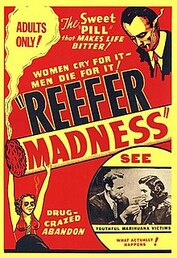
Our story begins with a female voice pleading for help, heard outside the humble cottage of Gabriel and Mary Feller. Mary used to be a servant in a posh household, and the daughter of that household was seduced by one Captain Berringer. She flees to Mary to hide her shame and to go insane after she delivers an infant boy. She then drowns herself in the river.
Baby William is passed off by Gabriel and Mary as their nephew, but strangely, the mother gave him the surname of her seducer, who, everyone agrees, is a loathsome reptile. The rest of volume One is taken up with William’s boyhood, and meeting the girl he marries…


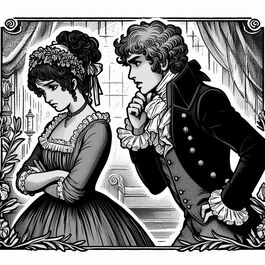
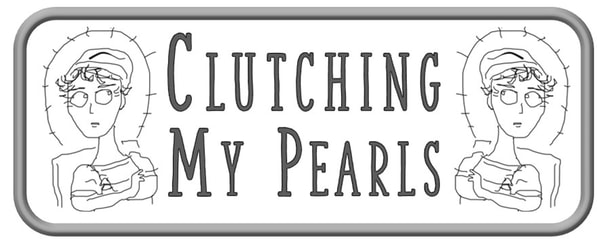
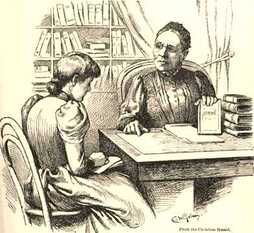
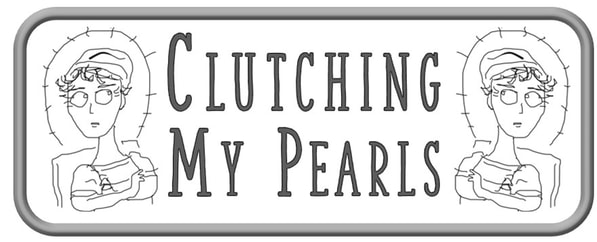
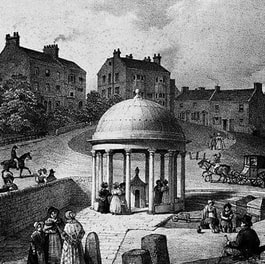
 RSS Feed
RSS Feed